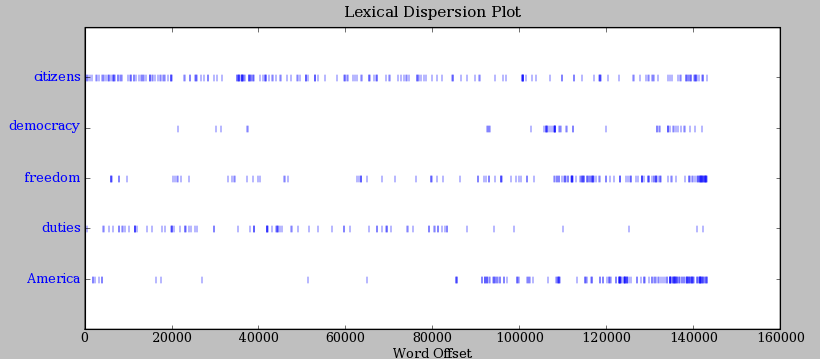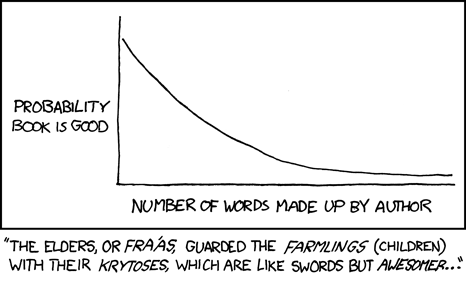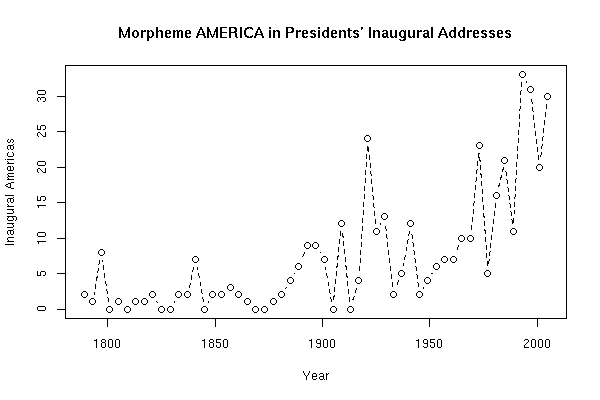Coordinate possessives
Comments on Mark Liberman's Left Dislocation posting drifted for a while into the vexed question of how to express possession when two (or more, though I'll restrict myself to two here) conjoined possessor NPs are involved. For the coordination of a 1sg (pronominal) possessor NP with a 3sg non-pronominal possessor NP, commenters came up with five possibilities (to which I can add many more from my files and from web searches).
Some people weren't comfortable with any of the alternatives, but some had a very clear preference for one of them, and different people's preferences were different. This is not an uncommon sort of variation, occurring what principle for connecting semantics to morphosyntactic form should apply. (What verb form to use with the subject either you or I: am, are, or is?) Different people opt for different solutions, and some people "opt out", rejecting all the solutions whenever possible, choosing instead some quite different formulation of the intended meaning.
I'll sidle up to the particular case the commenters were looking at by first considering some (apparently) much simpler cases.
Read the rest of this entry »
Permalink Comments off



